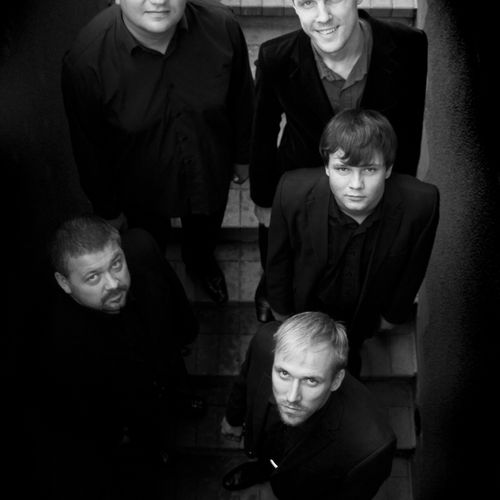
Darius Klisys & Reversio
Birbyne player - Ensemble Reversio
| Marijampolė, Lithuania |
Darius Klisys & Reversio
Birbyne player - Ensemble Reversio
About
Darius Klišys is one of the most innovative birbye players in Lithuania (birbyne
or reed pipe is an original Lithuanian woodwind instrument). Since 1997 he has recorded 13 CDs: baroque, contemporary and experimental electronicmusic.
In 2008, Darius performed solo with his project “Water Serpents” at the 17th
International Electroacoustic Music Festival “Primavera en la Habana” in Cuba. In April 2009, he won the YouTube Symphony Orchestra contest and was invited to the YTSO summit to perform at Carnegie Hall under the direction of Michael Tilson Thomas. In recent years he has been playing with such outstanding musicians like Marek
Toporowski (harpsichord/organ, Poland), Boshena Korczyńska (sopilka, Ukraine), Sergej Tcherepanov (harpsichord/organ, Germany/Russia), Sonata and Rokas Zubovas (piano duo, Lithuania), Darius Polikaitis (conductor, US).
One of the main Darius’s goals is to adapt birbyne to chamber music (renaissance,baroque, contemporary music, etc.). Darius pursues
his studies in early music. His repertoire, however, includes not only the 15
th– 18th century composers, but also those from the 19th and 20th– 21th
centuries: Gabriel Fauré, Enrique Granados, Carl Nielsen,
Niels Gade, Feliksas Bajoras, Vytautas V. Barkauskas, Makoto Shinohara, Bernhard Kroll, Bronius Kutavičius, Michael Blake, Jonas Tamulionis, Pierre Max Dubois, Jurgis Juozapaitis, Ryszard Borowski etc.
In 2003, Darius founded an ensemble Reversio (early and contemporary music). He played with the ensemble as well as solo in the US, Belgium, Germany,France, Poland, Cuba and other countries.
Darius received a B.A. in 2003 and an M.A. in 2005 from the Lithuanian Music and
Theatre Academy where he studied under the tutorship of Professor Romualdas
Apanavičius and Dr. Kastytis Mikiska.
Music
1. Renaissance (Giovanni Pierluigi da Palestrina, Heinrich Isaac, Music of the Grand Duchy of Lithuania etc.)
2. Baroque (Francois Couperin, Dario Castello, Giovanni Bassano, Alessandro Besozzi etc.)
3. Contemporary (Ryszard Borowski, Jonas Tamulionis, Bernhard Krol, Feliksas Bajoras etc.)
 Continue with Facebook
Continue with Facebook
 Continue with Google
Continue with Google
 Continue with Apple
Continue with Apple